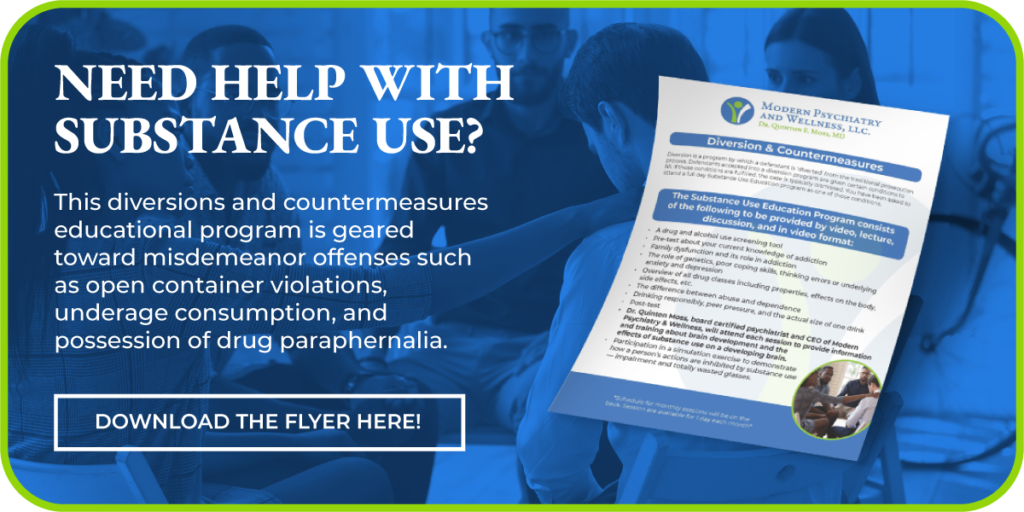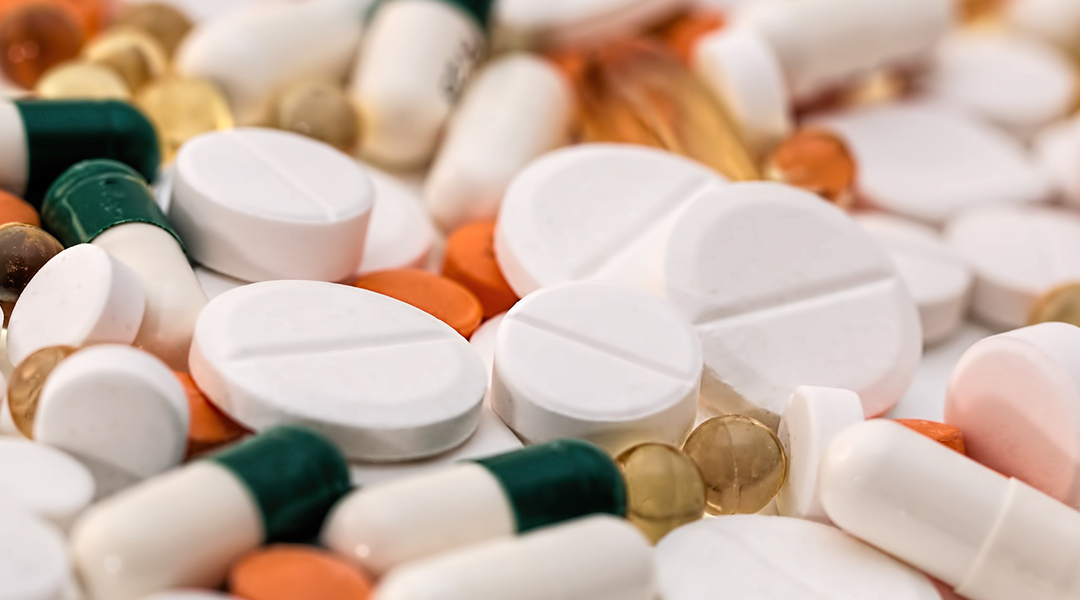In 2020, the CDC reported that drug overdose deaths reached a record high of 93,331, with many related to illicit and synthetic drugs such as fentanyl. From synthetic drugs to fake prescription pills, our world is not only suffering from the effects of the COVID-19 pandemic but the burden of an overdose epidemic as well. Dr. Nora Volkow, director of the National Institute on Drug Abuse, states in an interview with NPR, “This is the highest number of overdose deaths ever recorded in a 12-month period and the largest increase since at least 1999.” While the switch cannot be flipped overnight, understanding what synthetic drugs and fake prescription pills are, their negative effects, and how to seek treatment could be the difference between life and death.
Start Your Addiction Recovery Journey with Modern Psych
>> Check out our Programs <<
What are Synthetic Drugs?
Synthetic drugs are man-made drugs that use chemicals rather than natural ingredients. Common examples of synthetic drugs include LSD, methamphetamine, and ecstasy. Within the synthetic drug, market are drugs known as “designer drugs,” which are chemically altered versions of illegal drugs that are changed enough to avoid being classified as illegal. Since the chemists are constantly using new chemicals, law enforcement is always searching for these new versions to make them illegal and the chemists alter again to avoid being caught. Because the cycle is constantly repeating, the constant development of chemicals leaves drug users in the dark about the substance contents and what side effects may result.
Where do People Find Synthetic Drugs?
In a world dominated by technology, it is no surprise that people can find ways to get high with a simple Google search. Synthetic drugs not only are produced using chemicals, but they can be a combination of readily available materials. These substances are even available at local convenience stores and packaged as “plant food,” “jewelry cleaner,” or even “research chemicals.” Even though the label on the package will specify that these have other uses and are not made for human consumption, this does not stop the abuse. Users often use synthetic drugs for their psychedelic effects. However, because synthetic drugs are unregulated and manufactured in illegal labs, once consumed they can lead to unpredictable effects.
The Fake Prescription Pill Problem
On the other side of the spectrum, drug networks both domestically and internationally are mass-producing fake prescription pills and selling them as legitimate. These counterfeit pills are often laced with deadly doses of fentanyl and methamphetamine. The Drug Enforcement Administration (DEA) reports that more than 9.5 million fake pills have been seized in 2021 alone. The most common contaminations have been linked to prescription opioids such as Oxycontin, Vicodin, Xanax, or stimulants like Adderall. Counterfeit pills are often sold illegally on social media sites and e-commerce platforms which makes them readily available to anyone. The DEA has also released a public awareness campaign, One Pill Can Kill, which educates the public on the differences between counterfeit and authentic medication and measures to keep the public safe.
Please remember that the only safe medications are those that are prescribed by trusted medical professionals and dispensed by a licensed pharmacist.
Treatment is Possible
Synthetic drugs, counterfeit prescriptions, and other substances when abused are unpredictable and can lead to a wide range of side effects or even death. From violence, aggression, seizures, and damage to internal organs, the risk for overdose on synthetic drugs and fake prescription medications is much higher due to the unknown chemicals used. While some side-effects are short-term, prolonged use can lead to much more ingrained physical and chemical changes within the body.
Treatment for synthetic drugs and prescription drug abuse is possible. While the road to recovery may be bumpy, seeking help is a great first step. The team at Modern Psychiatry and Wellness is here to help. To learn more about our mental health services and treatment options for overdose and substance abuse, contact our team today! We are available for walk-in appointments to get started Monday – Friday, 8 AM to 3 PM in our Hamilton and West Chester locations.


